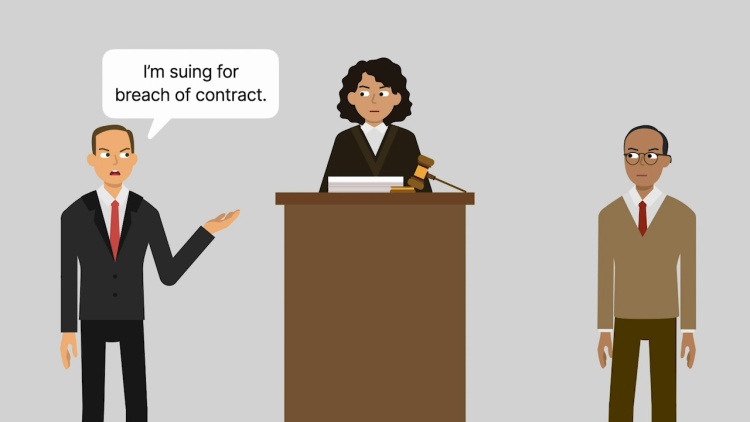Grigerik v. Sharpe
Connecticut Supreme Court
247 Conn. 293, 721 A.2d 526 (1998)

- Written by Christine Hilgeman, JD
Facts
Edward Lang contracted with Gary Sharpe (defendant) to draft a site plan for land that Lang had contracted to sell to Joseph Grigerik (plaintiff). Although Sharpe denied the allegation, Lang informed Sharpe at the time of contracting that the town sanitarian required the site plan a showing of how drainage, including a septic system, could be implemented on the property before the property could be approved as a building lot. Lang further informed Sharpe that he had a buyer ready to buy the land if the lot was so approved. Sharpe’s site plan was approved by the town sanitarian, and Grigerik completed his purchase of the land from Lang. However, when Grigerik applied for a building permit, the new town sanitarian denied the permit because the property, which bordered a reservoir, could not have a septic system. Grigerick brought an action against Sharpe and his firm for breach of contract, claiming to be a third party beneficiary to the contract between Lang and Sharpe. The trial court instructed the jury that Sharpe could be liable to Grigerik if Grigerik established that that he was either an intended, contemplated or foreseeable beneficiary of the contract. The jury returned a verdict for Grigerik and Sharpe appealed, asserting error in the jury instructions. The appellate court reversed, holding that Grigerik could not recover merely by establishing he was a foreseeable beneficiary, and that only the promisee must demonstrate the intent to benefit a third party.
Rule of Law
Issue
Holding and Reasoning (Borden, J.)
What to do next…
Here's why 907,000 law students have relied on our case briefs:
- Written by law professors and practitioners, not other law students. 47,100 briefs, keyed to 996 casebooks. Top-notch customer support.
- The right amount of information, includes the facts, issues, rule of law, holding and reasoning, and any concurrences and dissents.
- Access in your classes, works on your mobile and tablet. Massive library of related video lessons and high quality multiple-choice questions.
- Easy to use, uniform format for every case brief. Written in plain English, not in legalese. Our briefs summarize and simplify; they don’t just repeat the court’s language.





